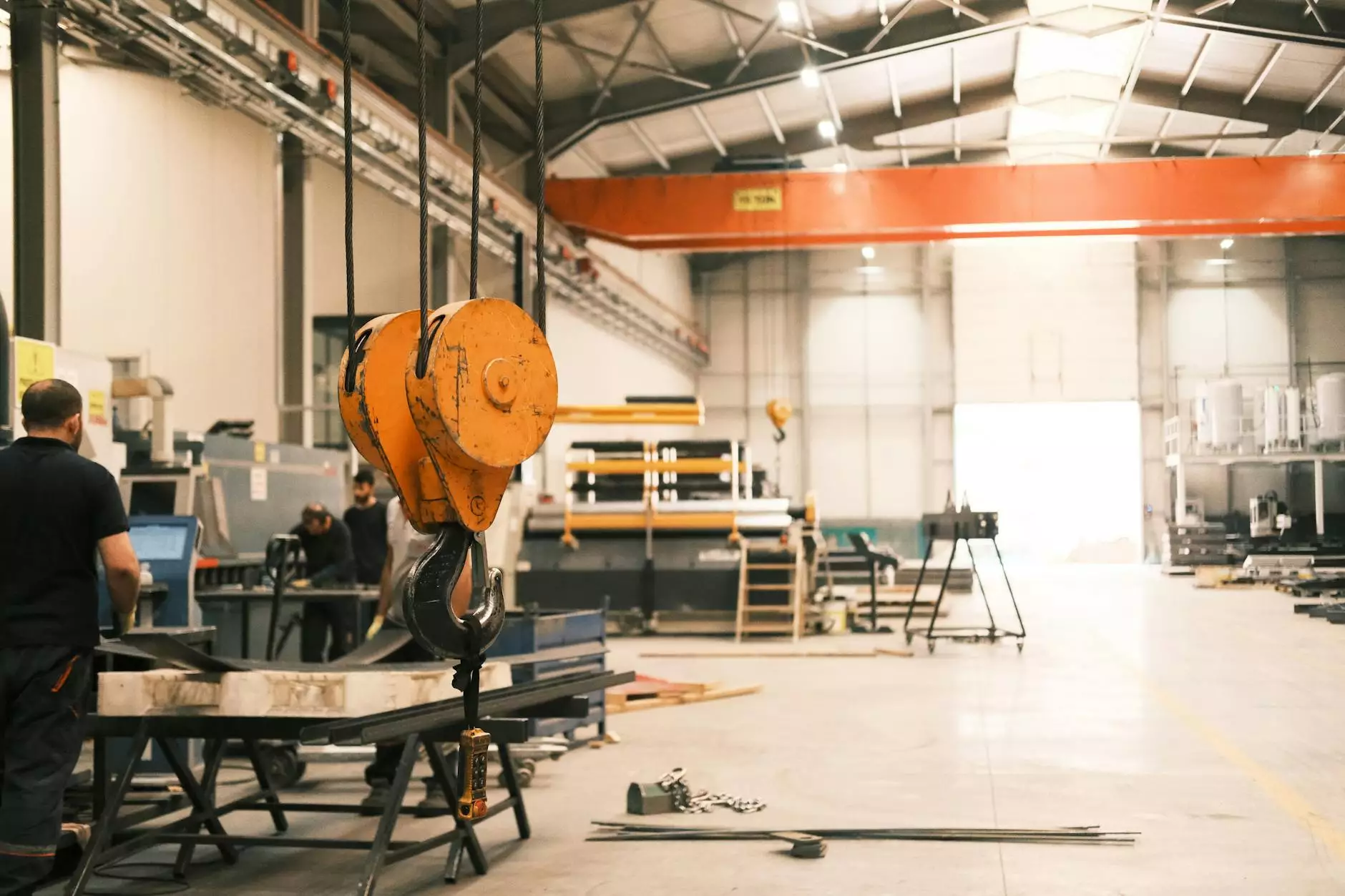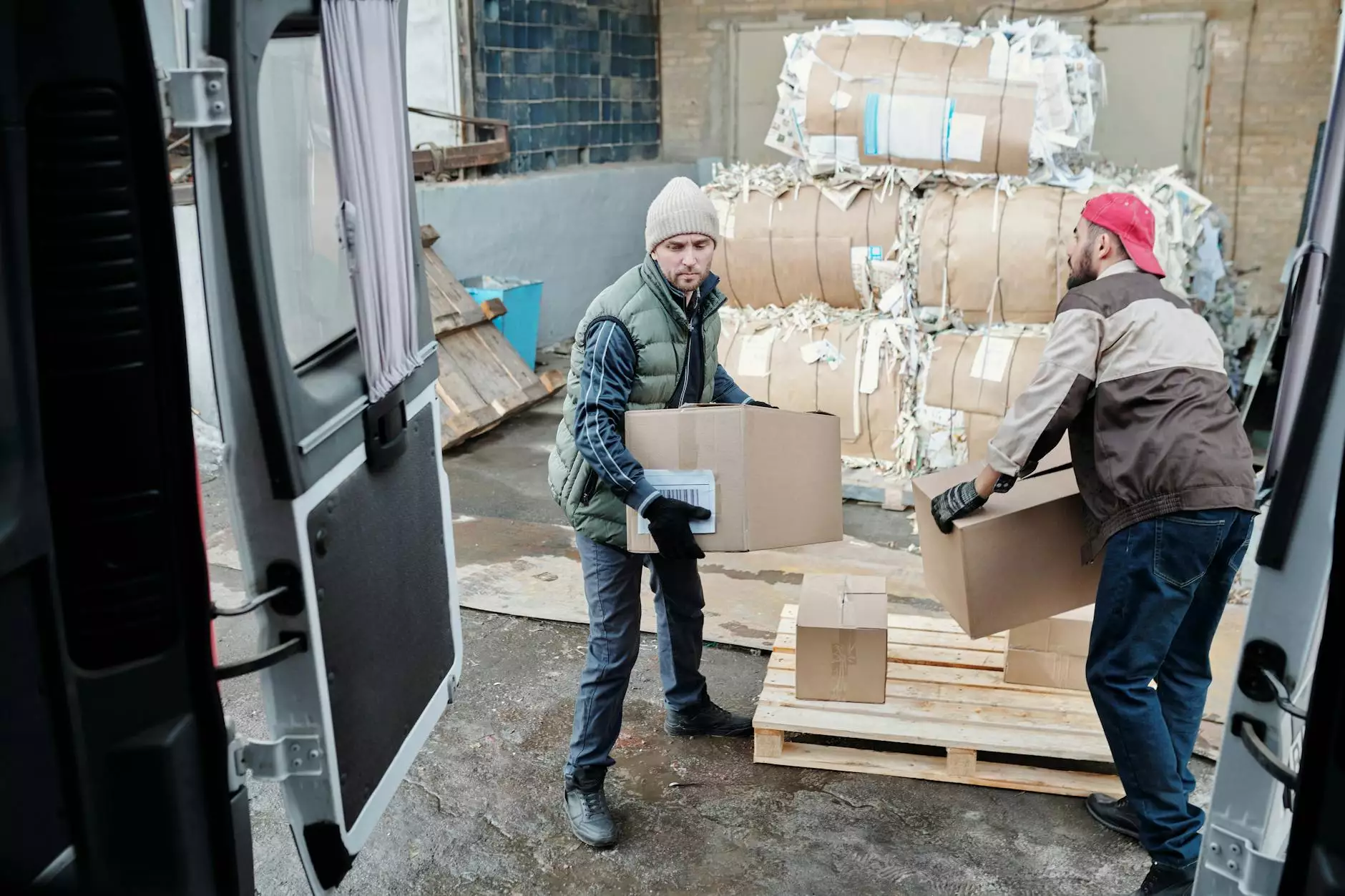The Majestic Role of Refrigeration Equipment Factories in Modern Business

In today's fast-paced market, maintaining the integrity of the cold chain is essential for businesses that rely on perishable goods. Refrigeration equipment factories play a crucial role in this context, producing vital machinery that keeps products fresh and safe. This article delves into the intricate details of these factories' operations, the technology behind their equipment, and their importance in various industries.
Understanding the Cold Chain: An Introduction
The cold chain refers to a supply chain that uses temperature-controlled logistics. It ensures that products requiring refrigeration, such as food, pharmaceuticals, and chemicals, are stored and transported within a specified temperature range. Any break in this chain can lead to spoilage, affecting not only sales but compromising safety and quality.
With the increasing demand for fresh produce and temperature-sensitive products, the role of refrigeration equipment factories has never been more prominent. They are responsible for producing the systems and devices that keep this chain intact.
The Significance of Refrigeration Equipment Factories
Refrigeration equipment factories are pivotal for several reasons:
- Production of Advanced Technology: These factories manufacture cutting-edge refrigeration systems that utilize the latest technological advancements.
- Supply Chain Efficiency: They ensure that refrigeration equipment is readily available, preventing bottlenecks in logistics and distribution.
- Job Creation: Refrigeration equipment factories generate numerous jobs, contributing to the local and national economy.
- Innovation and R&D: Many factories invest in research and development, continually improving their products to meet evolving market demands.
Key Components of Refrigeration Equipment
To understand the critical role of refrigeration equipment factories, we must first examine the key components of refrigeration systems:
Compressor
The compressor is often referred to as the heart of the refrigeration system. It compresses refrigerant gas, raising its pressure and temperature before sending it to the condenser. Modern compressors are designed for energy efficiency and reliability.
Condenser
The condenser's function is to dissipate heat from the refrigerant. By allowing the refrigerant to cool down, it turns from a gas back into a liquid, ready to be cycled back through the system. Quality condensers are vital for effective heat exchange.
Evaporator
The evaporator absorbs heat from the surroundings, causing the refrigerant to evaporate and thus cool the environment. It is critical for maintaining desired temperatures in refrigeration units.
Expansion Valve
The expansion valve regulates the flow of refrigerant into the evaporator. This component is essential for maintaining optimal pressure and temperature levels within the system.
Temperature Monitoring and Control Systems
In addition to the core components, refrigeration equipment factories also produce sophisticated temperature monitoring and control systems. These systems help ensure that the temperature remains consistent throughout the cold chain.
Modern monitoring systems can include:
- Digital Thermostats: Allow for precise temperature settings.
- Remote Monitoring Systems: Enable real-time tracking of temperature data across various locations.
- Alarms and Alerts: Warn users of any temperature fluctuations outside preset ranges, helping to prevent spoilage.
Types of Refrigeration Equipment Produced
Refrigeration equipment factories manufacture a broad range of products tailored for different applications. Some of the primary types include:
Commercial Refrigeration Units
These units serve retail environments such as grocery stores, restaurants, and convenience stores. They include:
- Display Cases
- Walk-in Coolers
- Refrigerated Display Counters
Industrial Refrigeration Systems
Suited for larger operations such as warehouses or food processing plants, these systems are robust and designed for prolonged use. They typically include ammonia and glycol-based cooling solutions.
Transport Refrigeration Equipment
Essential for the cold chain, these systems ensure temperature control during the transportation of goods. They often incorporate:
- Reefer Trucks
- Container Refrigeration Units
- Portable Coolers
The Innovation Landscape in Refrigeration Equipment Factories
Innovation is at the forefront of refrigeration equipment factories. In an ever-evolving industry, keeping up with new technologies is imperative.
Energy Efficiency
Energy-efficient machines consume less power, reducing operational costs and environmental impact. Factories are experimenting with eco-friendly refrigerants that have a lower global warming potential (GWP).
Smart Technologies
The integration of IoT devices allows for better monitoring and control of refrigeration units. Factories now produce systems that can be controlled remotely or programmed to optimize energy usage during off-peak hours.
Automation in Manufacturing
Many factories are investing in automation to improve production efficiency. Automated systems lead to greater precision and lower labor costs, allowing for quicker turnaround times to meet market demand.
The Economic Impact of Refrigeration Equipment Factories
The proliferation of refrigeration equipment factories has profound economic implications:
- Localized Job Creation: Factories often provide jobs in manufacturing, logistics, sales, and maintenance.
- Supply Chain Reliability: With a robust base of local manufacturers, businesses can count on consistent equipment availability.
- Exports and Global Reach: Successful factories can tap into global markets, exporting their products internationally and contributing to the economy.
Challenges Facing Refrigeration Equipment Factories
Despite their importance, refrigeration equipment factories face several challenges:
Regulatory Compliance
Factories must comply with stringent regulations concerning refrigerants and overall safety standards. This can lead to increased production costs and the need for continuous education on compliance.
Supply Chain Disruptions
Global events, such as pandemics or geopolitical tensions, can disrupt the supply chain, impacting the availability of raw materials. Factories need robust contingency plans to mitigate these risks.
Competition from Emerging Markets
As more countries develop their industrial capabilities, factories may face stiff competition, which could affect pricing strategies and market share.
Conclusion: The Future of Refrigeration Equipment Factories
As we progress further into the 21st century, refrigeration equipment factories will continue to be central to global trade and commerce. Through their innovative approaches and commitment to quality, these factories will not only support the cold chain but also pave the way for future advancements in technology.
In summary, the significance of refrigeration equipment factories cannot be overstated. They are essential for operational efficiency and food safety across various industries. For businesses looking to maintain a competitive edge, investing in quality refrigeration solutions and collaborating with reputable manufacturers like those found on first-coldchain.com is crucial.
As industries evolve and consumer demands change, the partnership between businesses and refrigeration equipment factories will be pivotal in driving success and innovation in the cold chain logistics landscape.
refrigeration equipment factory








